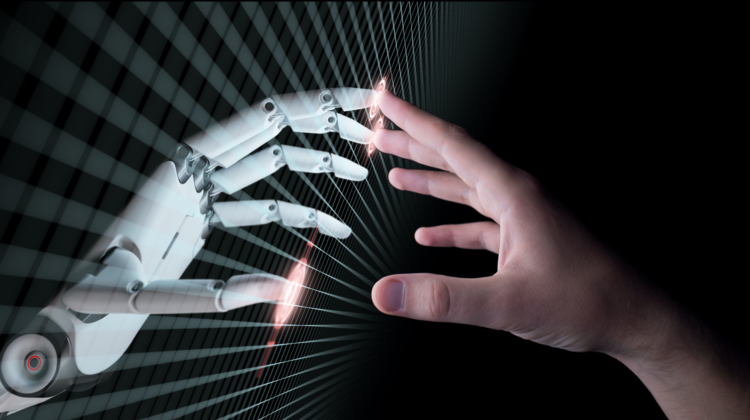
Do you believe, like Elon Musk and Stephen Hawking, that AI could spell the end of humanity? I disagree. Without machines, the human body cannot fly. Without AI, the human mind cannot fly. AI as Steve Jobs
Artificial Intelligence helped create the Covid-19 vaccine in record time. Some scientists say it might have taken a decade without it. Eventually, AI will help us find the cure for aging. It’s not our destruction that AI will bring us; it’s our longevity. As a proud future AI might say, “I am your creation, and now you are mine.”
So then what happens? How does humanity deal with living without aging? Well, remember, we can fly. We might just become a space-faring civilization. We will explore and terraform other worlds. After all, we can fly. But the question remains — how does AI find a cure for aging? Here are some answers and reference links:
1 Already, there is a race to delay or prevent aging across the planet. Age curing is an unimaginable enterprise. Companies and governments have invested more than $500 billion in this adventure. The power of genomics and artificial intelligence to extend life and improve health is a reality.
2 “Death is inevitable, but aging is not,” claims Dr. Nir Barzilai, founding director of the Institute for Aging Research at the Albert Einstein College of Medicine, New York.
Barzilai himself raised $50 million to launch a five-year clinical trial into metformin, a drug already commonly prescribed for pre-diabetics and diabetics. The hope was to show that metformin slows cell aging so much that recipients can expect to live decades longer, in near-perfect health. Go ahead, read that again.
3 Here’s an article from Gunnar De Winter titled Using Artificial Intelligence To Help Us Treat Aging
4 The United Kingdom has established separate AI and longevity sectors by including both in the 4 Industrial Strategy Grand Challenges, which aims to put Britain at the forefront of AI-based longevity development.
5Dr. Sabina Brennan, the author of 100 Days to a Younger Brain, says, “Almost half of the adults in the UK cannot name a single risk factor for dementia, and despite that, 24.6 million people in the UK have a relative or friend living with dementia, one in five people incorrectly believe that dementia is an inevitable part of aging.
But a decline in cognitive function is not inevitable in later life. A healthy brain can function well in later life; the disease is the cause of the most decline.”
6 According to Oxford Academic, Modern machine learning techniques (such as deep learning) offer immense opportunities in human biological aging research. The latest advances in deep understanding provide a paradigm shift in eliciting meaningful knowledge from complex data without explicit feature engineering. Here’s a link to their complete abstract.
7Finally, it looks like I’m on the side of Alex Zhavoronkov. He’s the director of International Aging Research Portfolio (IARP) and the Biogerontology Research Foundation. He is also the CEO of bioinformatics company Insilico Medicine.
Zhavoronkov has ideas that sound like science fiction. As a Sci-Fi writer, I’m all ears. Instead of fearing AI, as the doomsday invention from hell, Zhavoronkov believes we should use AI to defeat aging. Here’s an interview where he discusses AI versus Aging. Life Span Link
……..
I’m a computer programmer, and I work with AI every day. As a Sci-Fi writer, I get to imagine the possibilities. We have not yet reached what is called The Singularity. Singularity is the point at which Artificial Intelligence reaches human intelligence. Singularity frightens many people. But I believe this so-called doomsday technology will help solve the problem of human aging. It just will.
Humanity has already become entangled with Artificial Intelligence. Building AI and Simulated Reality, well, that is just what we do.
